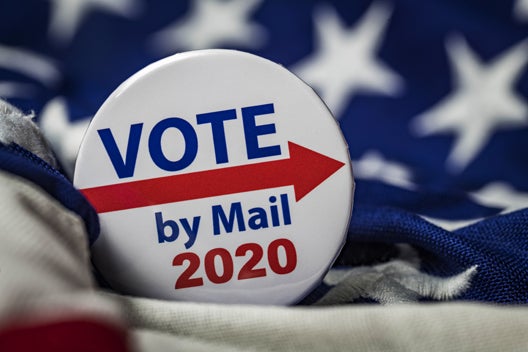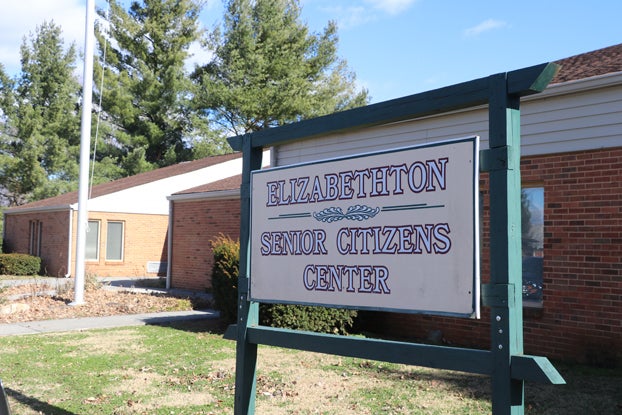Judge blocks Tennessee law that limits new voter mail voting
Published 10:43 am Thursday, September 10, 2020
|
Getting your Trinity Audio player ready...
|
By JONATHAN MATTISE
Associated Press
NASHVILLE (AP) — A federal judge on Wednesday blocked a Tennessee law for the November election that bars first-time voters from casting ballots by mail unless they show identification at an election office beforehand.
U.S. District Judge Eli Richardson in Nashville ordered the preliminary injunction in the midst of the COVID-19 pandemic, assuring that he did so without concern “about how his decisions could aid one side or the other on the political front.”
The judge wrote that the state argued for its law, which plaintiffs say affected an estimated 128,000 newly registered voters last election cycle, through “a non-existent” congressional requirement and congressional intent. Tennessee has about 4.1 million registered voters.
“The Court concludes that the requested injunction would favorably impact the public interest because as discussed above, it would serve to prevent what, based on the current record, likely would be a violation of the First Amendment right to vote enjoyed by the American citizenry,” Richardson wrote.
The ruling deals another twist in court for Tennessee’s vote-by-mail laws during a pandemic.
A state court judge in June ordered that all eligible voters should have an absentee voting option during the health crisis, and that ruling was carried out during the Aug. 6 primary. However, the state kept enforcing the first-time voter requirement, which the state judge said the plaintiffs failed to bring up before her ruling.
Then the state Supreme Court overturned the absentee expansion last month, restoring the excuse-based absentee voting system and citing the state’s promise — made for the first time in front of the high court — that people can vote by mail if they believe they or someone in their care face a higher risk of COVID-19 due to underlying health conditions.
Republican Secretary of State Tre Hargett’s office declined to comment on Wednesday’s ruling, citing the pending litigation. Under the order, Hargett’s office has to publicize the change, including on his office’s website.
Richardson, a Trump appointee, had already ruled against two other requests from plaintiffs in the federal lawsuit: To change the state’s signature-matching requirement for absentee voting and to block a law that includes criminal penalties for distribution of certain absentee voting forms by anyone but election officials. The plaintiffs are having a second try at getting the absentee form penalties blocked after disagreement over which of two similar laws was actually in question.
One of the groups that led the lawsuit, the Lawyers’ Committee for Civil Rights Under Law, said the “court recognized that forcing voters to choose between voting and their health violates the Constitution” with the first-time voter ruling.
“This decision means that first-time voters in Tennessee who registered by mail or online – and there are tens of thousands of them, many of whom are young – can vote in November by mail, without risking their health,” said Kristen Clarke, the committee’s president and executive director.
In terms of the first-time voting requirement, the state has argued it aligns with federal law that addresses how first-time voters who register to vote by mail must provide identification.
Richardson, in turn, wrote that the state “offered nothing to show that Congress required or even intended that states impose a first-time voter restriction” with two federal voting laws the state cited. The intent of Congress, Richardson wrote, was “that first-time, mail-registered voters generally provide identification the first time they vote in the state of registration.”
Absentee ballot applications are already being accepted in Tennessee for the Nov. 3 election.






